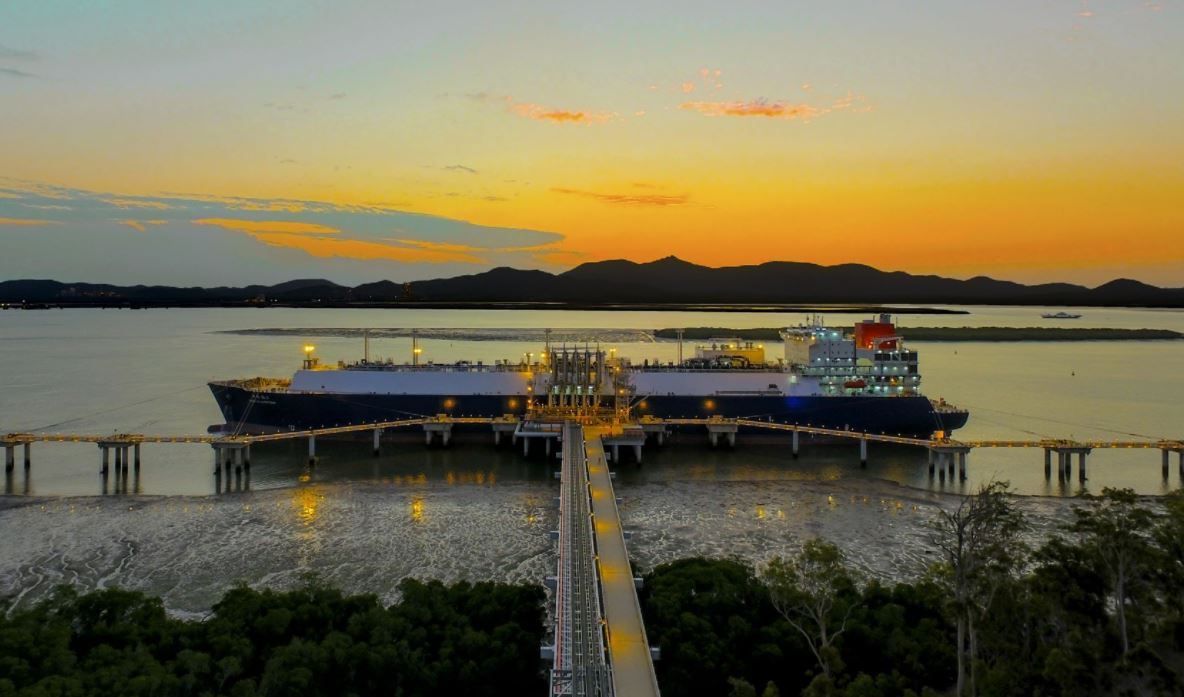The international group of LNG importers, GIIGNL, said it has launched a new framework for emissions reporting, at a time when the practice of declaring LNG cargoes ‘carbon-neutral’ is increasing.
The Monitoring, Reporting, and Verification (MRV) and GHG (Greenhouse Gas) Neutral Framework is part of a collective industry movement to account for and reduce GHG emissions associated with LNG, the group said in a statement.
Paris-based GIIGNL said entities at every stage of the LNG life cycle can use it to assess the GHG footprints of their LNG cargoes.
Moreover, the framework promotes “verified and consistent quantification of GHG emissions across the entire value chain, from extraction of natural gas, liquefaction, shipping, regasification to final consumption.”
Significantly, it creates a transparent practice to declare GHG neutral cargoes through an independently verified cargo statement which sets out both emissions and offsets, the group said.
Greater transparency
“To fulfil the LNG industry’s critical and unique role in supporting the global economy to transition to net-zero emissions, it is imperative that our sector consistently and collaboratively accounts for emissions across the entire value chain,” said president of GIIGNL, Jean Abiteboul.
“Alongside reducing and offsetting overall emissions, it is our intention that the framework assists the industry in demonstrating greater transparency,” he said.
Steve Hill, executive VP, Shell Energy and GIIGNL regional VP for Americas added: “The framework provides organizations across the industry with a best-practice approach specifically designed to enhance transparency and accuracy in quantifying, reporting, and offsetting emissions associated with LNG cargoes.
“We are keen to start the groundwork on applying this framework to deliver a test ‘GHG neutral’ LNG cargo as defined by the framework,” he said.
GIIGNL recognizes the importance of reducing methane emissions and the framework requires that they are reported separately in the cargo statement, alongside all seven Kyoto Protocol GHGs.
Use of the term ‘GHG neutral’ represents a full life cycle footprint across the entire cargo value chain, based as much as possible on primary data, supported by a long-term decarbonization commitment, a delivered emission reduction plan and fully netted with high-quality offsets, it said.
Also, the framework does not seek to replace any established standards and methodologies for GHG emissions calculation, footprint determination and offsetting.
It integrates established internationally agreed standards and methodologies and provides additional criteria for assessing and reporting GHG emissions associated with the specific case of an LNG cargo, the group said.

